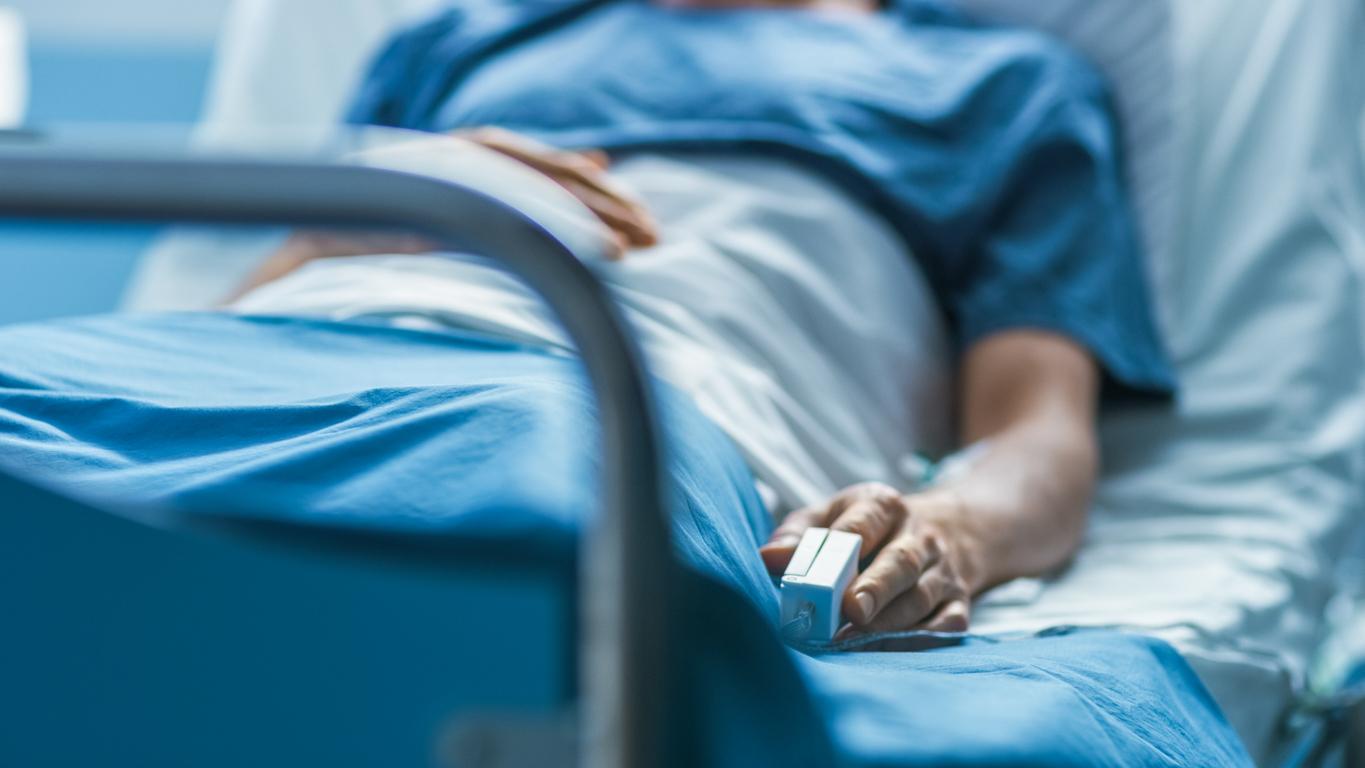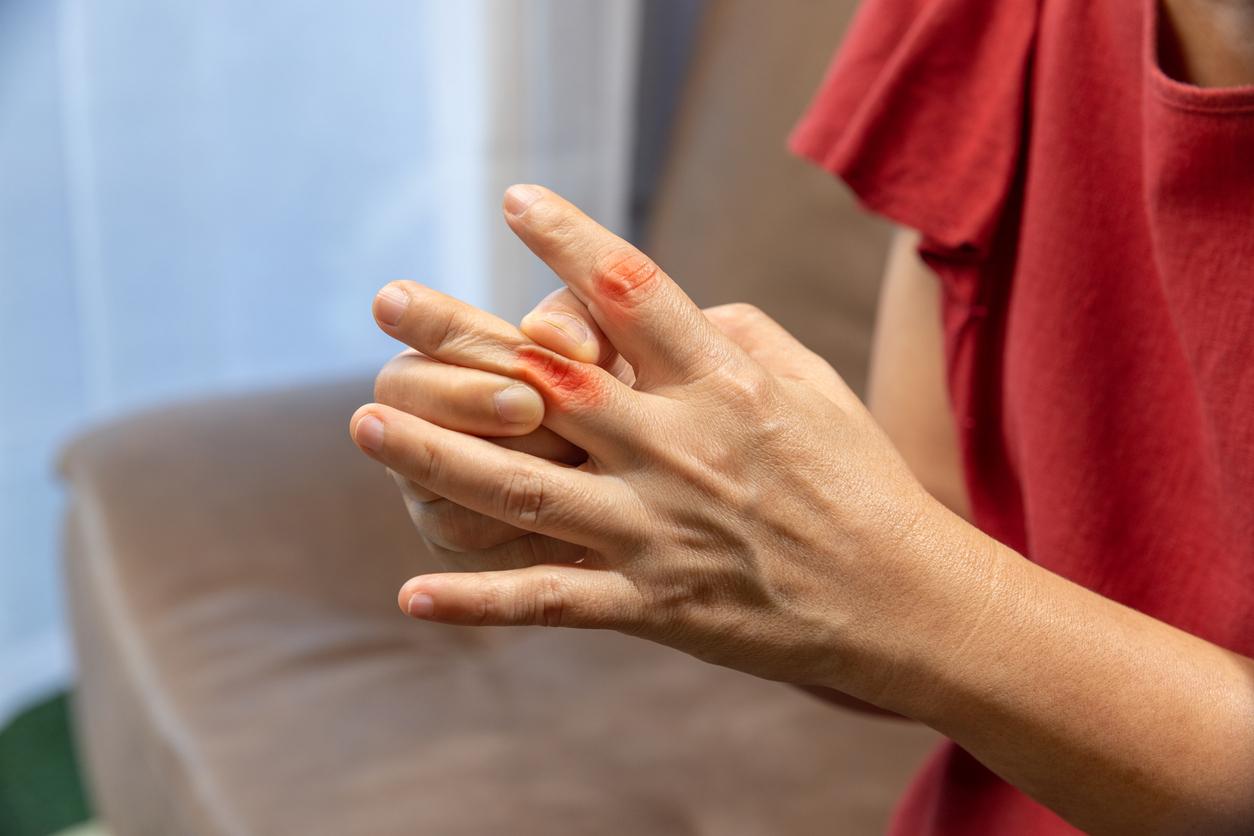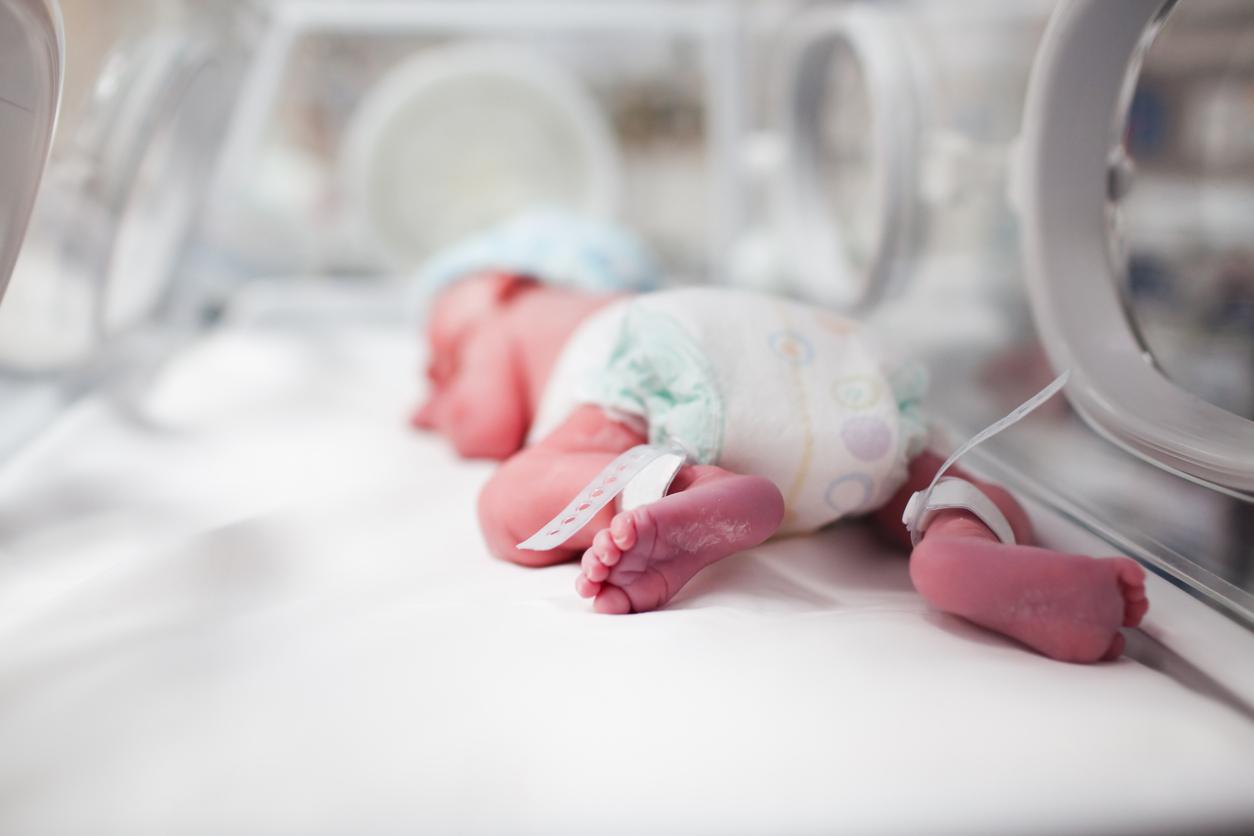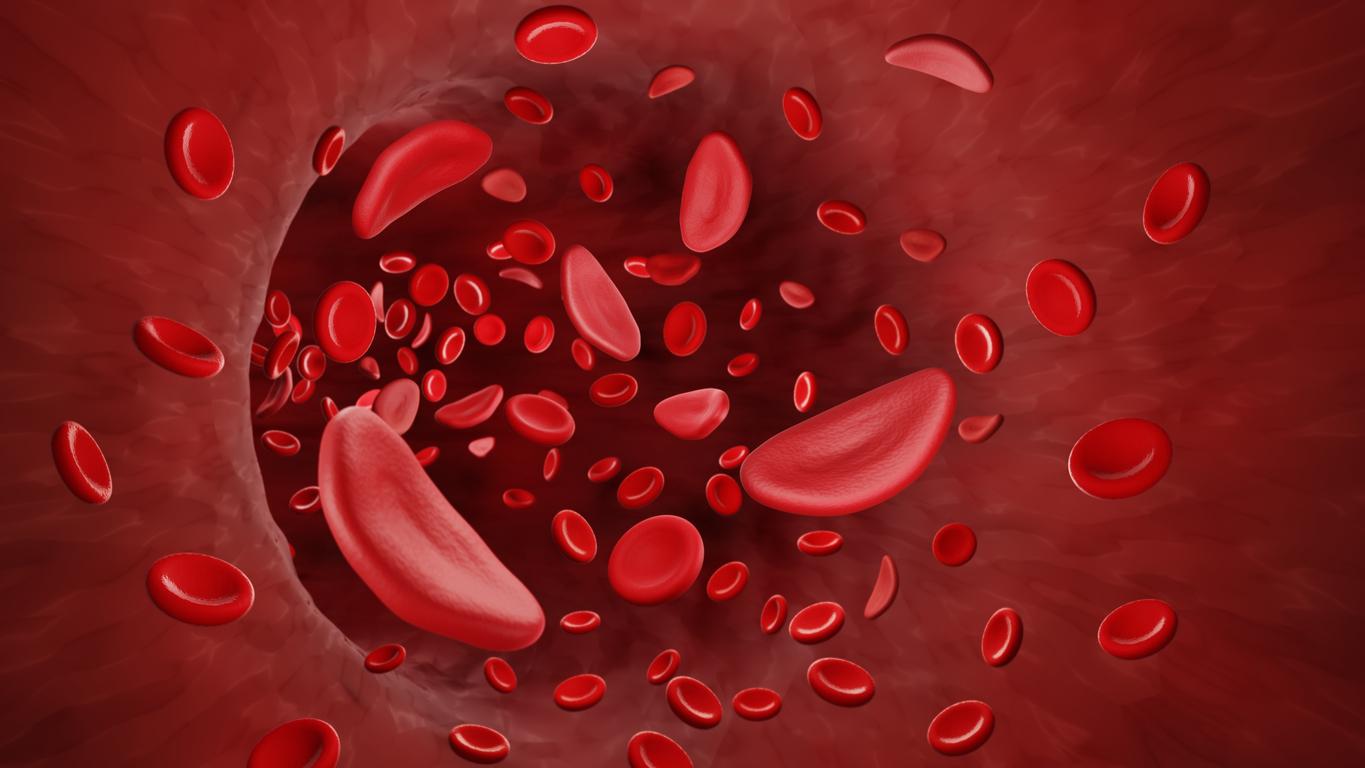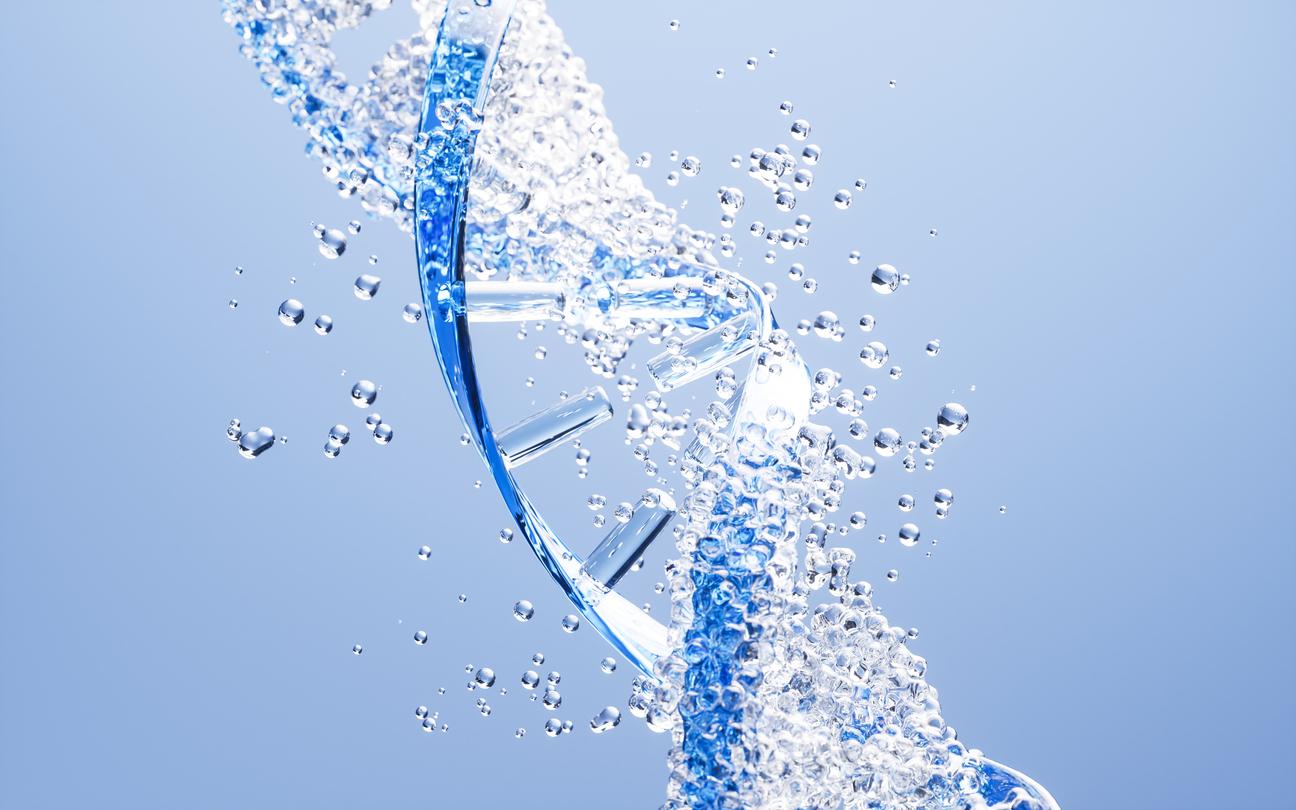Researchers from 5 British universities conducted a scientific study on alcohol dependence and found that a genetic mutation would cause people to drink to drunkenness. They published their findings in the specialist journal Nature Communication.
Scientists conducted their research on mice which normally have no taste for alcohol and always choose to drink water over alcoholic beverages.
However, they found that rodents carrying the Gabrb1 gene mutation prefer alcohol and consume in high dosesto drunkenness.
Indeed, the researchers observed that mice carrying this mutation make considerable efforts to obtain the alcoholic drink. They also found that rodents are so hungry that they insist on getting their dose. Eventually the mutant mice start consuming so much alcohol that they quickly get drunk to the point of not being able to coordinate their movements.
New therapeutic avenues
If this mechanism turns out to be similar in humans, researchers could develop new therapeutic avenues to fight against alcoholism.
Alcohol remains a public health problem in France that kills 45,000 people per year. The short-term risks are social and psychological (loss of license, car accidents, violence, depression and long-term ones, are pathological, with physical dependence on the product, serious behavioral disorders (depression , suicide, insomnia) cirrhosis, cancers of the mouth, throat, esophagus, intestine and liver, cardiovascular disease and high blood pressure.





